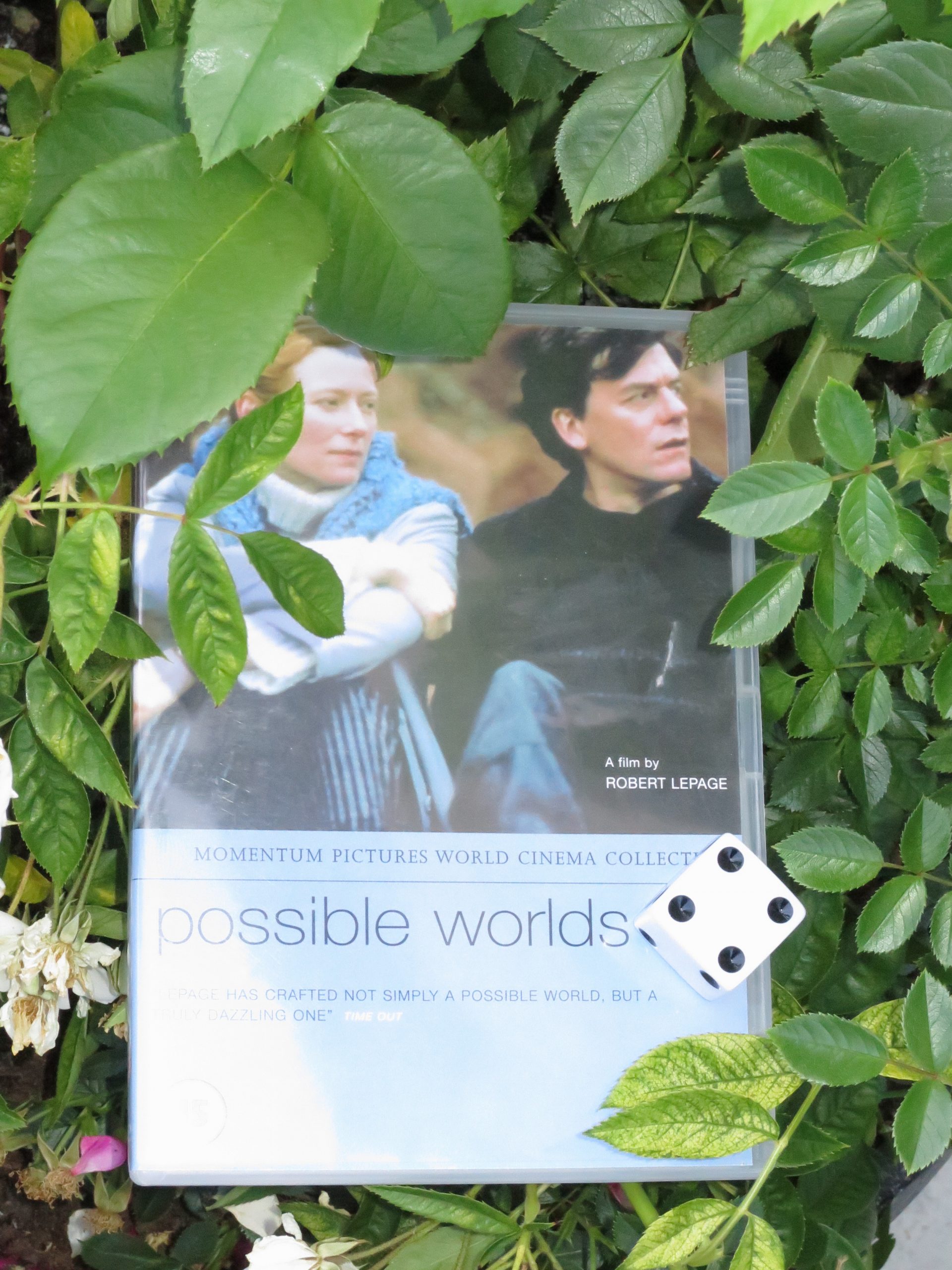Possible Worlds. Robert Lepage. 2000.

This post is part of The Tilda Swinton Project.
The Protagonists. Luca Guadagnino. 1999.
Absolutely fascinating. The levels of meta on display here are mind-boggling. And the different versions of the murder (the shouty American TV carjacking vs the European art movie killing) were… er… I mean. This is a film for film nerds, but it’s a playful, interesting and affecting one. It’s slightly let down by the last third, which has the “re-enactment” by the Italian film crew, which is (I guess) purposefully awful and quite funny. But purposefully awful can still be kinda… not as good as it should be.
This post is part of The Tilda Swinton Project.
The War Zone. Tim Roth. 1999.
Feel-bad movie of the year.
This post is part of The Tilda Swinton Project.